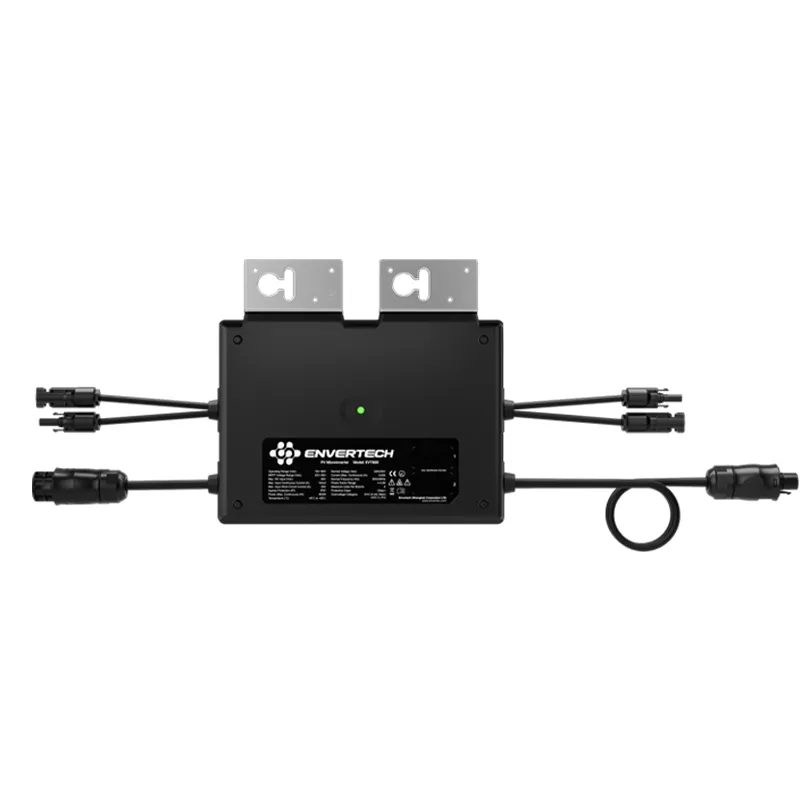750 Watt Solar Panel Price and Buying Guide for Smart Energy Solutions
Understanding the Price of 750-Watt Solar Panels
In a world increasingly focused on sustainability, the demand for solar energy solutions continues to rise. Among the various options available, 750-watt solar panels have gained popularity due to their efficiency and versatility. As homeowners and businesses consider making the switch to solar energy, understanding the price of these panels is critical for making informed decisions. This article delves into the factors influencing the cost of 750-watt solar panels, the advantages they offer, and what potential buyers should consider before making a purchase.
The Cost of 750-Watt Solar Panels
The price of a 750-watt solar panel can vary significantly based on several factors, including manufacturer, technology, and location. Typically, the price range for these panels falls between $600 to $1200 per panel. This initial investment can be influenced by market demand, government incentives, and shipping costs. Furthermore, the installation costs can add another $1,000 to $3,000, depending on the complexity of the installation and the specifics of the site.
When comparing prices, it's essential to consider the quality of the solar panels. Higher-quality panels often come with better warranties, enhanced durability, and improved efficiency, making them a worthwhile investment in the long run. On the other hand, cheaper panels may not perform as well, leading to lower energy production and potentially costing more in replacement or maintenance over time.
Factors Affecting the Price
1. Technology and Efficiency Solar panels can be made using different technologies, such as monocrystalline, polycrystalline, and thin-film. Monocrystalline panels, known for their high efficiency and sleek appearance, typically come at a higher price point. In contrast, polycrystalline panels, while less efficient, are usually more affordable. Buyers should weigh the importance of efficiency against the initial cost to find the best fit for their needs.
2. Brand Reputation The manufacturer’s reputation can significantly impact pricing. Established brands with a proven track record may charge more for their panels because of the quality assurance and longevity they offer. However, newer entrants to the market might provide competitive pricing to establish themselves, which can be an opportunity for cost-conscious buyers.
3. Location Installation costs can vary by region due to labor rates, local market conditions, and installation complexity. Urban areas may have higher labor costs compared to rural regions. Additionally, local incentives and subsidies provided by government bodies can affect the overall price.
solar panel 750 watts price

4. Warranties Solar panels typically come with warranties ranging from 10 to 25 years. A longer warranty often correlates with a higher price but can provide peace of mind and protection against defects or performance degradation over time.
Advantages of 750-Watt Solar Panels
Investing in 750-watt solar panels comes with numerous benefits. Firstly, these panels can produce a significant amount of energy, making them suitable for residential homes and commercial establishments. A single 750-watt panel can generate enough electricity to power essential appliances, potentially reducing or eliminating monthly electricity bills.
Moreover, solar panels contribute to environmental sustainability by reducing dependence on fossil fuels. Using solar energy helps decrease carbon footprints, thus promoting cleaner air and a healthier planet. As more people become environmentally conscious, investing in solar energy can enhance property value and appeal to like-minded buyers.
Considerations Before Purchase
Before purchasing 750-watt solar panels, buyers should assess their energy needs and consumption patterns. Understanding how much energy is required can help determine the number of panels needed and the size of the solar system. Additionally, potential buyers should explore financing options, such as leasing or loans, to ease the financial burden.
Researching local incentives is also crucial. Many states offer tax credits, rebates, or other financial incentives for installing solar panels, which can significantly reduce the overall cost. By taking advantage of these programs, buyers can maximize their savings and increase the feasibility of the solar investment.
Conclusion
The price of 750-watt solar panels is influenced by various factors, including technology, brand, location, and warranties. While the initial investment may seem substantial, the long-term benefits, including energy savings and environmental impact, make them an attractive option for many consumers. As the demand for renewable energy sources continues to grow, understanding the factors surrounding solar panel pricing can help potential buyers navigate their options effectively and make informed decisions about their energy future. Investing in solar energy is not just about saving money; it’s about contributing to a sustainable future for generations to come.
-
Understanding the Advantages of Solar String Inverters for Your Energy SystemNewsApr.29,2025
-
Choosing the Right PV Inverter: A Comprehensive GuideNewsApr.29,2025
-
The Future of Solar Power: Exploring Bifacial Solar PanelsNewsApr.29,2025
-
The Complete Guide to Solar Panels: Efficiency, Cost, And InstallationNewsApr.29,2025
-
The Best Options for Efficiency and Cost-EffectivenessNewsApr.29,2025
-
Harnessing the Power of Off-Grid Solar Inverters for Energy IndependenceNewsApr.29,2025







